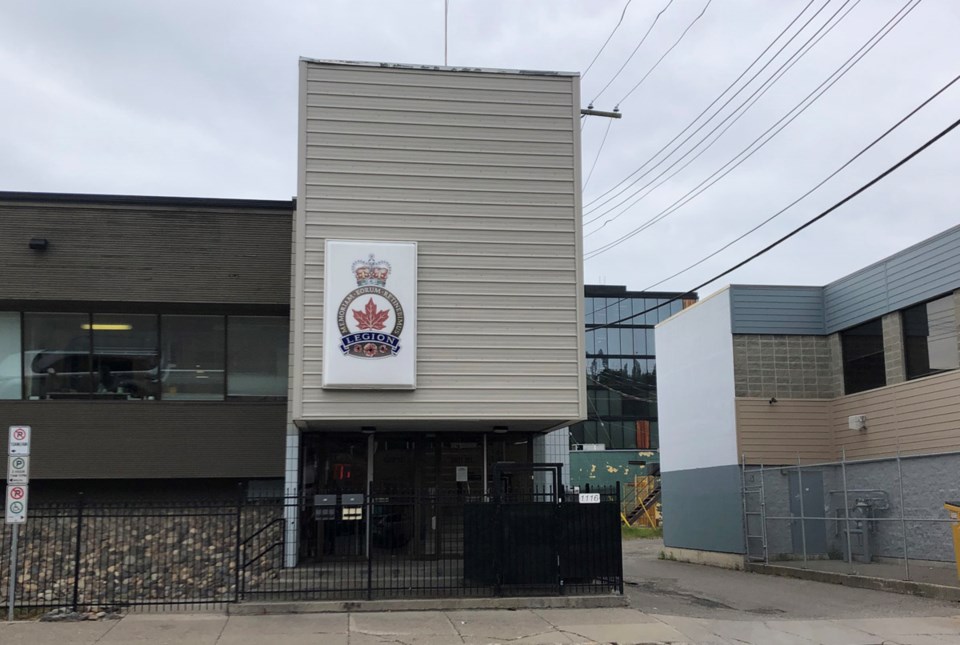The Prince George branch of the Royal Canadian Legion was issued a high hazard rating by Northern Health on June 16, following a routine inspection of the kitchen.
The inspection found a total of six issues, three considered critical, regarding the cleanliness and food handling practices at the Legion, according to reports published online.
“Fried fatty bacon was seen kept beside the fridge; it was dated June 15th. When questioned, the operator mentioned that it was cooked in the morning and kept outside. The operator mentioned she forgot to transfer it to the refrigerator,” the report said. “All potentially hazardous foods must be stored below 4°C or above 60°C, out of the danger zone, to prevent bacterial growth and possibly food-borne illness.”
The inspector also found a carton of expired milk in the refrigerator and an open bottle of barbecue sauce which should have been refrigerated. The operator voluntarily threw out the bacon, milk and barbecue sauce, the report noted. The refrigerators lacked accurate thermometers, the report added.
“Meat slicer and french fries cutter in the kitchen area was not cleaned and sanitized properly and it contained the meat residuals attached to it under the hard to clean surfaces. The meat residuals left on the slicer are exposed to room temperature which may lead to growth of pathogens and toxin formation and may cross contaminate the other food products when the slicer is reused,” the report said. “General sanitation of the premises is inadequate. Unsanitary maintenance of the food premise increases the likelihood of cross-contamination. Additionally, areas not kept cleaned and free of clutter may also attract pests.”
The sanitizer level in the automatic chemical dishwasher was a quarter of the required level, and there were no test strips available or being used in the kitchen, the report said. The inspector ordered the Legion to repair the dishwasher and ensure regular testing is being done to ensure the sanitizer level is appropriate to clean dishes.
“Improper cleaning and sanitization of the dishes may lead to increase in growth of pathogens and toxin production which may lead to foodborne illnesses,” the report said.
Prior to June 16, the Legion’s last inspection was on Nov. 20, 2020. The Legion received low ratings on the 2020 inspection, and six other inspections dating back as far as August 2014.



